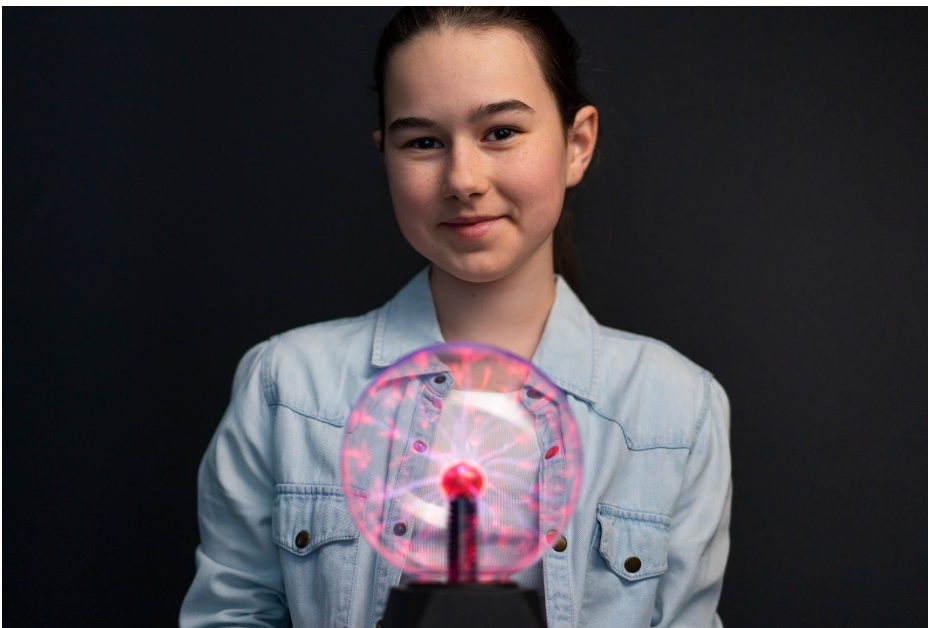The entertainment industry thrives on innovation, constantly seeking new ways to captivate audiences and enhance storytelling. In recent years, AI voice cloning has emerged as one of the most groundbreaking technologies in this space. By replicating voices with remarkable accuracy, AI voice cloning has revolutionized how content is created and consumed, offering unprecedented opportunities for creativity and efficiency.
With the ability to generate realistic voice replicas from short audio samples, this technology is reshaping various sectors within entertainment, from film production to gaming and beyond. It’s not just about saving time and resources; AI voice cloning is expanding creative possibilities in ways never imagined before.
The Role of AI Voice Cloning in Film and Television
Enhancing Dubbing and Localization
AI voice cloning is transforming the way films and TV shows are dubbed for global audiences. Traditionally, dubbing required multiple voice actors to match the tone and emotion of the original performance. With AI, studios can now replicate the original actor’s voice in multiple languages, preserving the authenticity and emotional impact of the performance.
Voice Continuity for Extended Projects
In long-running TV series or film franchises, maintaining voice continuity can be challenging due to actor availability or unforeseen circumstances. AI voice cloning allows studios to replicate an actor’s voice seamlessly, ensuring consistency without compromising quality.
Reducing Production Time
Re-recording dialogue or filling in missing lines during post-production can be time-consuming. AI voice cloning accelerates this process by generating the required audio instantly, saving valuable time during tight production schedules.
Revolutionizing Animation and Gaming
Bringing Animated Characters to Life
Animation studios are leveraging AI voice cloning to create unique and expressive voices for their characters. This technology allows animators to experiment with different vocal styles and tones, creating voices that perfectly match the character’s personality and story.
Immersive Gaming Experiences
In the gaming industry, realism is a key factor in enhancing player engagement. By using AI voice cloning, game developers can create lifelike character voices that adapt dynamically to in-game scenarios. This not only improves storytelling but also makes the gaming experience more immersive and personalized.
AI Voice Cloning in Music and Audiobooks
Reviving Iconic Voices
Imagine hearing a legendary singer perform a new song or listening to a recreated audiobook narration by a famous voice actor from the past. AI voice cloning makes this possible by replicating the unique vocal qualities of iconic figures, allowing their legacy to live on in new and exciting ways.
Personalized Audiobook Narration
For audiobook enthusiasts, AI voice cloning offers a tailored listening experience. Readers can choose narrations in voices they find most engaging or even opt for a familiar voice to narrate their favorite stories.
Empowering Independent Creators and Content Producers
Affordable Voiceovers for Small Productions
Independent filmmakers, YouTubers, and podcast creators often face budget constraints that limit access to professional voice actors. AI voice cloning provides an affordable solution, enabling creators to produce high-quality voiceovers for their content.
Expanding Creative Possibilities
With access to cloned voices, independent creators can experiment with storytelling techniques and character development without the logistical challenges of hiring multiple voice talents.
Seamless Integration with Video Production
Pairing AI voice cloning with a AI video app allows creators to synchronize visuals and audio effortlessly, streamlining the production process and enhancing content quality.
Ethical Considerations in Entertainment
Ensuring Consent and Transparency
While AI voice cloning opens new creative doors, it also raises ethical concerns. Using someone’s voice without their consent can lead to legal and reputational issues. Entertainment companies must establish clear guidelines to ensure ethical usage of this technology.
Combating Misuse
There’s a fine line between creative use and misuse. The potential for AI voice cloning to impersonate individuals poses risks such as fraud or misinformation. Addressing these challenges requires industry-wide collaboration and robust regulations.
The Future of AI Voice Cloning in Entertainment
AI-Powered Storytelling
As AI voice cloning evolves, it will play a pivotal role in crafting immersive and interactive narratives. From virtual reality experiences to personalized streaming content, the possibilities are limitless.
Democratizing Access to High-Quality Voices
By making high-quality voiceovers accessible to creators of all scales, AI voice cloning will continue to level the playing field, fostering innovation and diversity in storytelling.
Integration with Other Emerging Technologies
The combination of AI voice cloning with advancements in artificial intelligence, such as deep learning and natural language processing, will lead to more sophisticated applications. These include real-time voice synthesis and adaptive content creation, further enhancing the entertainment landscape.
Conclusion
AI voice cloning is undeniably transforming the entertainment industry, offering unparalleled opportunities for creativity, efficiency, and accessibility. Whether it’s enhancing the dubbing process, revolutionizing character development in animation, or empowering independent creators, this technology is reshaping how stories are told and shared. As it continues to evolve, the entertainment world must balance its incredible potential with ethical considerations to ensure its responsible use.


